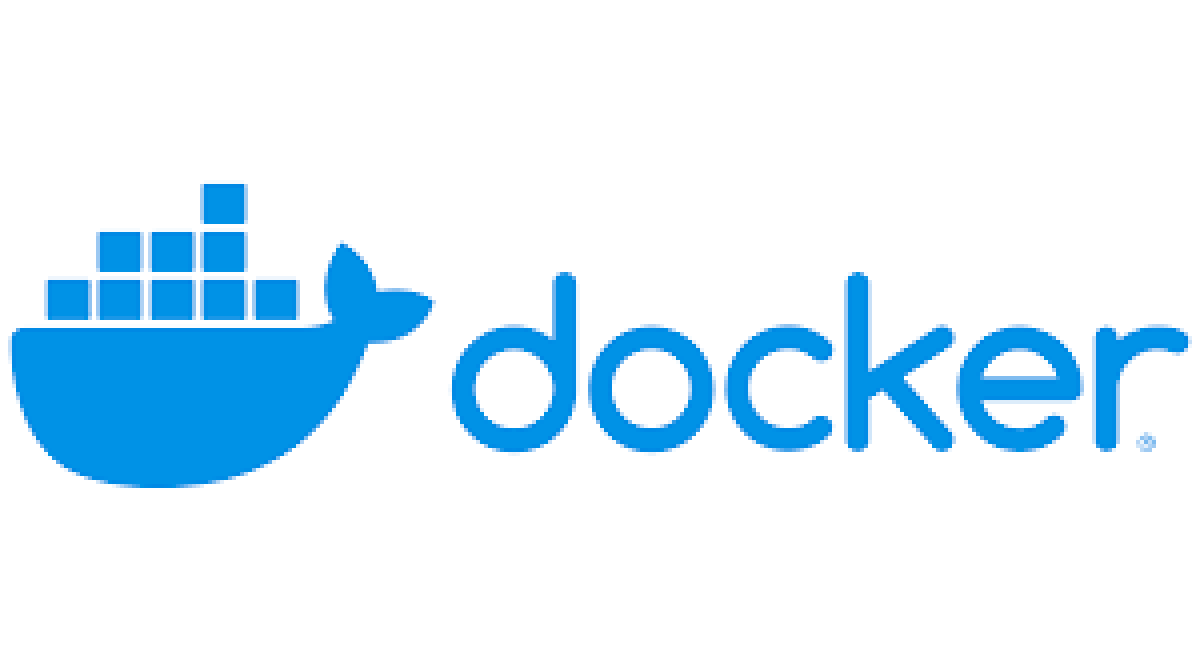Docker for PHP Development: Complete Setup
Docker has revolutionized how we develop and deploy applications. For PHP developers, Docker offers consistent environments, easy dependency management, and simplified deployments.
Why Docker for PHP?
- Environment Consistency: Same environment across development, staging, and production
- Easy Setup: New team members can get started in minutes
- Isolation: Each project has its own environment
- Version Management: Test different PHP versions easily
Basic Dockerfile for PHP
FROM php:8.2-fpm
# Install system dependencies
RUN apt-get update && apt-get install -y \
git \
curl \
libpng-dev \
libonig-dev \
libxml2-dev \
zip \
unzip
# Install PHP extensions
RUN docker-php-ext-install pdo_mysql mbstring exif pcntl bcmath gd
# Install Composer
COPY --from=composer:latest /usr/bin/composer /usr/bin/composer
# Set working directory
WORKDIR /var/www
# Copy application code
COPY . /var/www
# Install dependencies
RUN composer install --optimize-autoloader --no-dev
EXPOSE 9000
CMD ["php-fpm"]Docker Compose for Laravel
Use Docker Compose to orchestrate multiple services:
version: "3.8"
services:
app:
build: .
volumes:
- ./:/var/www
depends_on:
- database
- redis
webserver:
image: nginx:alpine
ports:
- "80:80"
volumes:
- ./:/var/www
- ./docker/nginx:/etc/nginx/conf.d
depends_on:
- app
database:
image: mysql:8.0
environment:
MYSQL_DATABASE: laravel
MYSQL_ROOT_PASSWORD: secret
volumes:
- dbdata:/var/lib/mysql
ports:
- "3306:3306"
redis:
image: redis:alpine
ports:
- "6379:6379"
volumes:
dbdata:Development Workflow
Optimize your Docker workflow for development:
# Start development environment
docker-compose up -d
# Run Laravel commands
docker-compose exec app php artisan migrate
docker-compose exec app php artisan queue:work
# Install new dependencies
docker-compose exec app composer require package-name
# Run tests
docker-compose exec app php artisan testProduction Considerations
- Multi-stage builds: Reduce image size for production
- Security: Use non-root users and minimal base images
- Health checks: Implement container health monitoring
- Secrets management: Use Docker secrets for sensitive data
"Docker doesn't just solve the 'it works on my machine' problem - it transforms how we think about application deployment and scaling."
Start small with Docker in development, then gradually move to containerized production deployments as you become more comfortable with the technology.
